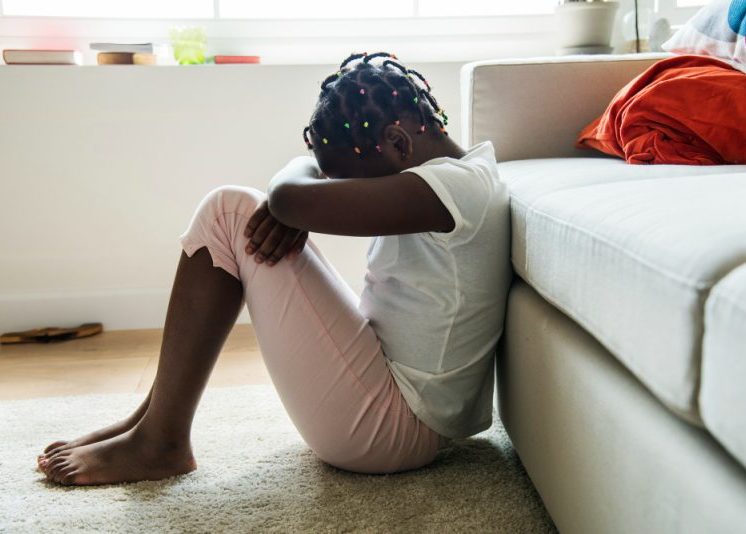Beyond the Surface: The Lasting Impact of Parental Separation

Parental separation is a common occurrence in today’s society, affecting millions of families worldwide. While the immediate effects of separation can be devastating for children, the long-term consequences can be even more profound. In this post, we’ll explore the lasting impact of parental separation on children, from emotional and psychological scars to disruptions in development.
The Immediate Effects of Parental Separation
The initial period following parental separation can be incredibly challenging for children. They may experience a range of emotions, including sadness, anger, fear, and confusion. These feelings can manifest in various ways, such as acting out, withdrawing from social activities, or experiencing changes in appetite or sleep patterns.
- Emotional Turmoil: Children may feel overwhelmed by a sense of loss, abandonment, and uncertainty.
- Behavioural Changes: Acting out, aggression, or withdrawal are common responses to stress.
- Academic Difficulties: Changes in school performance can be a sign of underlying emotional distress.
Long-Term Consequences: Emotional and Psychological Impacts
The emotional and psychological scars of parental separation can last a lifetime. Children who experience divorce or separation are at a higher risk for developing mental health issues, including anxiety, depression, and substance abuse. They may also struggle to form healthy relationships in adulthood.
- Mental Health Issues: Anxiety, depression, and substance abuse are more common among children from broken homes.
- Relationship Difficulties: Challenges in forming and maintaining healthy relationships can persist into adulthood.
- Self-Esteem Issues: Parental separation can negatively impact a child’s self-esteem and sense of worth.
The Impact on Children’s Development
Parental separation can disrupt a child’s development, particularly during critical periods. Children who experience divorce or separation may face delays in social, emotional, and cognitive development. They may also struggle with issues of trust, attachment, and identity.
- Delayed Development: Social, emotional, and cognitive development can be affected.
- Trust and Attachment Issues: Difficulty forming secure attachments can impact relationships throughout life.
- Identity Crisis: Parental separation can make it challenging for children to develop a strong sense of self.
The Role of Parental Conflict
Ongoing parental conflict, even after separation, can exacerbate the negative effects on children. High-conflict situations can create additional stress and instability, making it difficult for children to cope. It’s essential for parents to prioritize their children’s well-being and minimize conflict whenever possible.
- High-Conflict Situations: Ongoing conflict can intensify the negative impact on children.
- Minimizing Conflict: Parents should strive to maintain a respectful and cooperative relationship for the sake of their children.
Strategies for Helping Children Cope
While parental separation can be a painful experience, there are steps parents can take to help their children cope. Open communication, reassurance, and seeking professional help when needed can make a significant difference. Additionally, support groups and counseling services can provide valuable support for children and their families.
- Open Communication: Talking openly about feelings and concerns can help children feel understood and supported.
- Reassurance: Assure children that they are loved and cared for by both parents.
- Professional Help: Seek counseling or therapy if needed to address emotional and psychological issues.
- Support Groups: Connecting with other children and families facing similar challenges can provide comfort and understanding.
Conclusively, the lasting impact of parental separation on children is a complex issue with far-reaching consequences. While the initial pain and upheaval can be significant, it’s important to remember that with appropriate support and guidance, children can heal and build resilient lives. By understanding the challenges they face and providing the necessary resources, we can help children from broken homes thrive despite adversity.